
The National Museum of Natural History is a natural history museum administered by the Smithsonian Institution.
The museum was one of the first Smithsonian buildings explicitly constructed to hold the national collections and research facilities.
The museum’s collections contain over 126 million specimens of plants, animals, fossils, minerals, rocks, meteorites, human remains, and human cultural artifacts.
A Tour of the National Museum of Natural History, DC
- Gachalá Emerald
- Skeleton of Brontotherium
- Hope Diamond
Gachalá Emerald
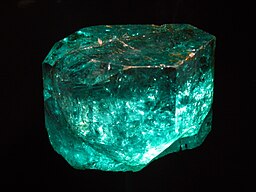
Gachalá Emerald
The Gachalá Emerald, one of the largest and valuable gem emeralds in the world, at 858 carats uncut. It was found in the mine called Vega de San Juan, located in Gachalá, a town in Colombia.
The emerald was named in honor of Gachalá, the town where it was found.
Emerald is a gemstone and a variety of the mineral beryl and is colored green by trace amounts of chromium and sometimes vanadium.
The word “emerald” is derived Esmeralda, a variant of Latin, which originated in Ancient Greek word smaragdos meaning “green gem.”
Gachalá Emerald
- Title: Gachalá Emerald
- Category: Beryl variety
- Found: 1967
- Find site: Gachala, a town in Colombia,
- Museum: National Museum of Natural History
Skeleton of Brontotherium

Skeleton of Brontotherium
This Skeleton of Brontotherium is an extinct species of the prehistoric hoofed mammal family Brontotheriidae, an extinct group of rhinoceros-like browsers related to horses.
It was endemic to North America around 56–34 million years ago and existed for approximately 4.1 million years.
The North American brontothere Megacerops (“large-horned face,” from méga- “large” + kéras “horn” + ōps “face”) evolved large paired horns above their noses.
The horns suggest that brontotheres were highly social, and the males may have performed head clashing behaviors in competition for mates.
However, unlike rhinos, the horns of brontotheres are composed of bone, the frontal bone, and nasal bone, and were placed side-to-side rather than front-to-back.
Brontotheres probably became extinct due to an inability to adapt to drier conditions and stricter vegetation such as grasses that spread during the Oligocene geologic epoch.
Skeleton of Brontotherium
- Title: Skeleton of Brontotherium
- Age: 56–34 million years ago
- Kingdom: Animalia
- Phylum: Chordata
- Class: Mammalia
- Order: Perissodactyla
- Suborder: Hippomorpha
- Family: Brontotheriidae
- Museum: National Museum of Natural History
Hope Diamond
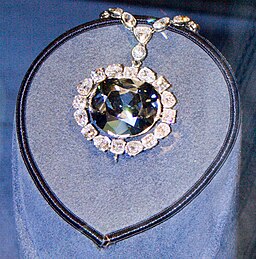
Hope Diamond
The Hope Diamond is one of the most famous jewels in the world, with ownership records dating back four centuries. Its rare blue color is due to trace amounts of boron atoms.
The Hope Diamond has long been rumored to carry a curse and was last reported to be insured for $250 million.
The jewel originated in India, where the original and larger stone was purchased in 1666 by French gem merchant, and it was named the Tavernier Blue.
The Tavernier Blue was cut and yielded the French Blue, which was sold to King Louis XIV in 1668.
In 1792, while Louis XVI and his family were imprisoned during the French Revolution, a group of thieves broke into the Royal Storehouse and stole most of the Crown Jewels.
While many jewels were later recovered, the French Blue was not among them, and it disappeared from history.
In 1793, Louis XVI was guillotined, and Marie Antoinette was guillotined nine months later, and these beheadings are commonly cited as a result of the diamond’s “curse.”
The diamond was smuggled to London and recut, with the most significant section acquiring its “Hope” name when it was acquired by a London banking family called ‘Hope’ in 1839.
After going through numerous owners, it was sold to Washington socialite before being purchased in 1949 by New York gem merchant, who later gave it to the museum in 1958.
Hope Diamond
- Title: Hope Diamond
- Discovered: Before 1666
- Cut: Several times between 1668 and 1958
- Medium: Diamond mounted on platinum
- Dimensions: 45.52 carats; 2.56 × 2.178 × 1.2 cm (1 × 0.9 × 0.5 in)
- Value: $200 – $250 million
- Find site: Kollur Mine, Golconda, India.
- Museum: National Museum of Natural History
National Museum of Natural History, Washington, D.C.
- Name: National Museum of Natural History
- City: Washington, D.C.
- Country: United States
- Opened: 1910
- Type: Natural History
- Category: National Museum of the United States
- Location: National Mall in Washington, D.C., United States
National Museum of Natural History, Washington, D.C. Map
National Museum of Natural History
Natural History Museum
Smithsonian Museum of Natural History
A Tour of Natural History Museums
- Natural History Museum, London
- American Museum of Natural History, New York
- National Museum of Natural History, Washington, D.C.
- Shanghai Natural History Museum
- National Museum of Nature and Science, Tokyo
Secrets of the Fossil Hall
Explore Science and Technology Museums
- Science Museum, London
- Queensland Museum & Science Centre
- National Museum of Nature and Science, Tokyo
- ArtScience Museum, Singapore
- Shanghai Science and Technology Museum
- Great Lakes Science Center, Cleveland
- Intrepid, Sea, Air & Space Museum, New York
- National Air and Space Museum, Washington DC
- National Museum of Nature and Science, Tokyo
Collecting the World: Inside the Smithsonian
Virtual Tour of National Museums of the United States
- National Museum of the United States Air Force
- National Museum of the Marine Corps
- National Air and Space Museum
- National Museum of African American History and Culture
- National Museum of Natural History
- National Portrait Gallery
- National Veterans Memorial and Museum
- National Nordic Museum
- National Museum of the United States Navy
- National Constitution Center
- The National WWII Museum
- National World War I Museum and Memorial
- National Civil War Museum
- National Civil Rights Museum
Introduction To The Smithsonian
~~~
“Character is like a tree and reputation like a shadow.
The shadow is what we think of it; the tree is the real thing.”
– Abraham Lincoln
~~~
Photo Credit: By Amanda [CC BY 2.0 (creativecommons.org/licenses/by/2.0)], via Wikimedia Commons; By thisisbossi [CC BY-SA 2.0 (creativecommons.org/licenses/by-sa/2.0)], via Wikimedia Commons ; Postdlf from w [GFDL (gnu.org/copyleft/fdl.html) or CC-BY-SA-3.0 (creativecommons.org/licenses/by-sa/3.0/)], via Wikimedia Commons ; By David Bjorgen (Own work) [GFDL (www.gnu.org/copyleft/fdl.html), CC-BY-SA-3.0 (creativecommons.org/licenses/by-sa/3.0/) or CC BY-SA 2.5-2.0-1.0 (creativecommons.org/licenses/by-sa/2.5-2.0-1.0)], via Wikimedia Commons
Popular this Week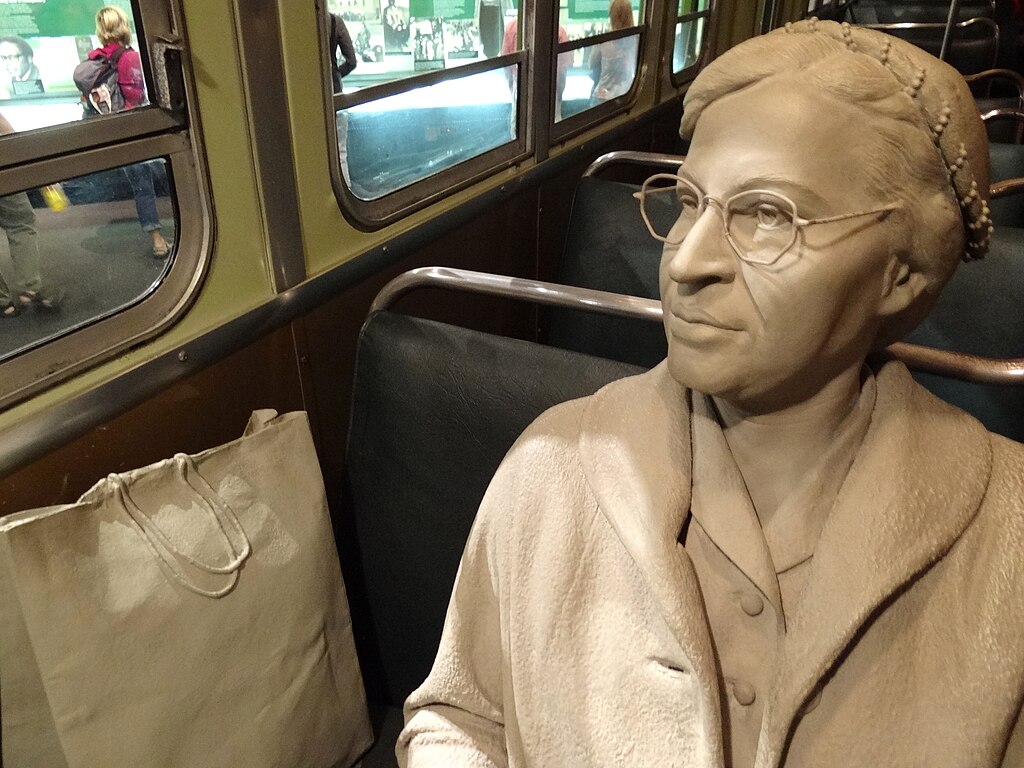



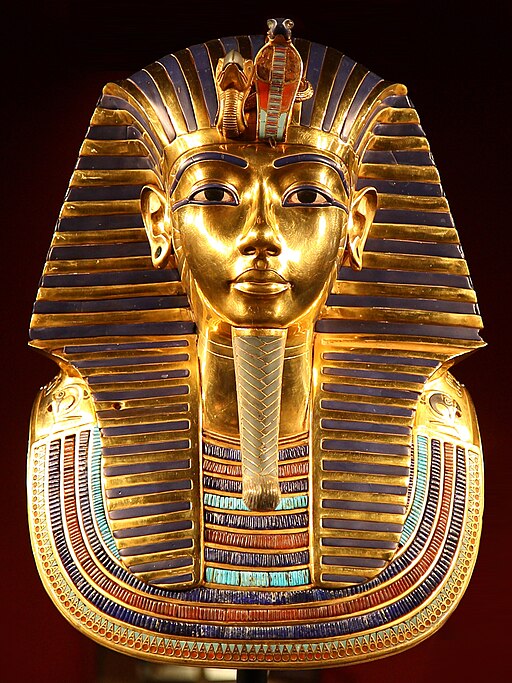

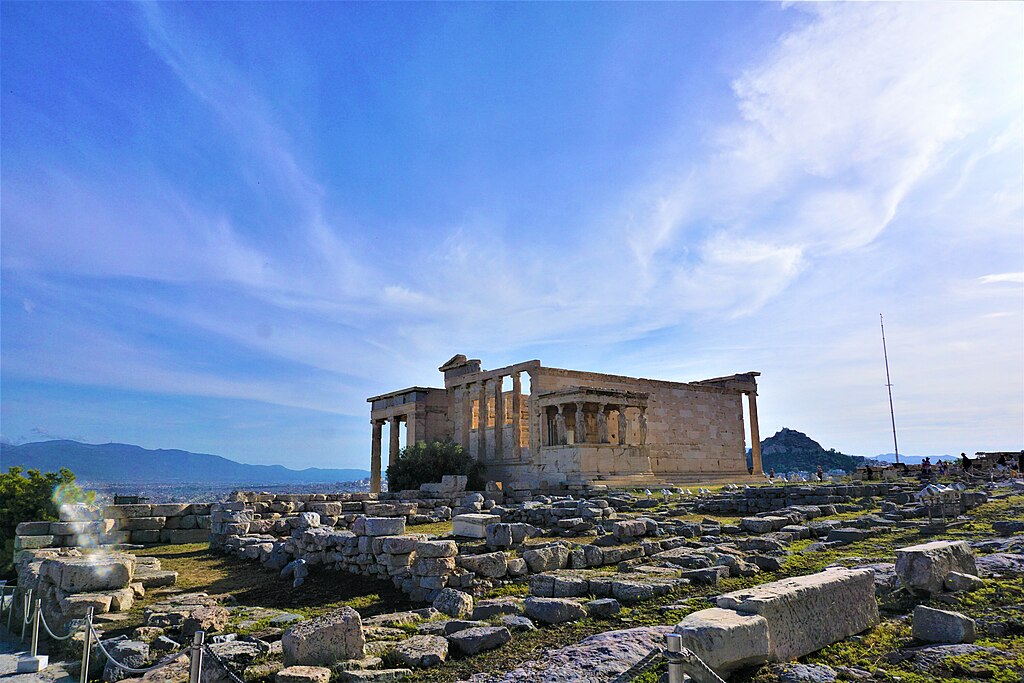
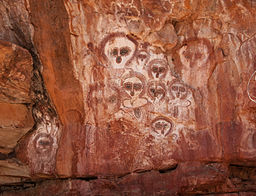
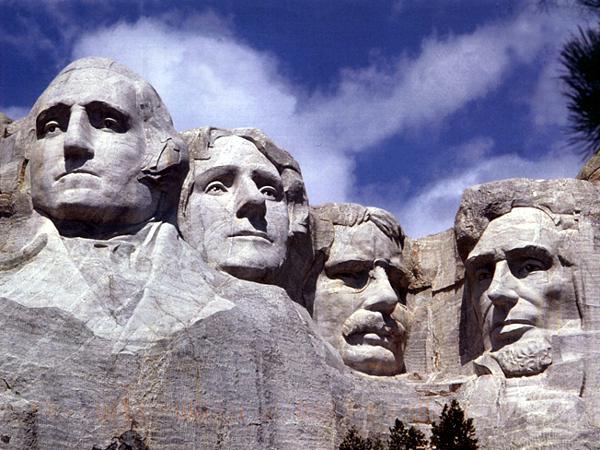
 Sponsor your Favorite Page
Sponsor your Favorite Page SEARCH Search for: Search Follow UsJoin – The JOM Membership Program
Sponsor a Masterpiece with YOUR NAME CHOICE for $5
Share this:
- Tweet
